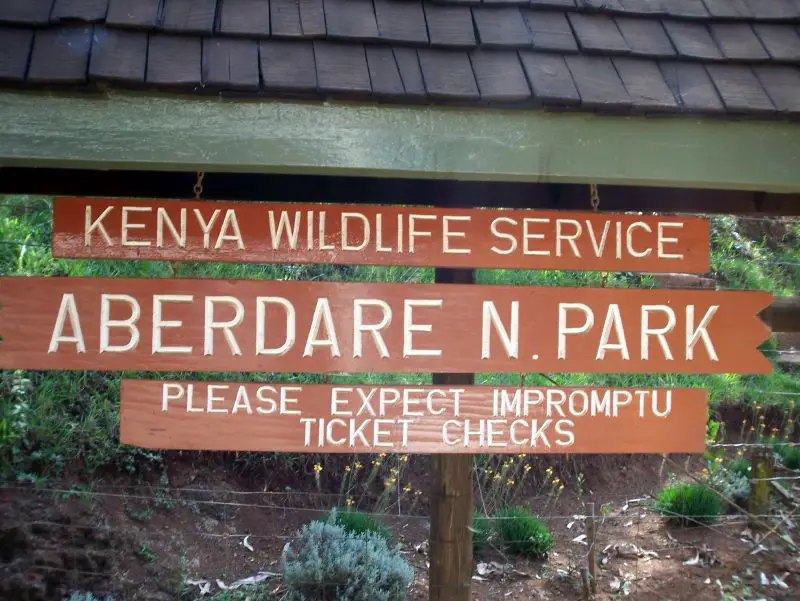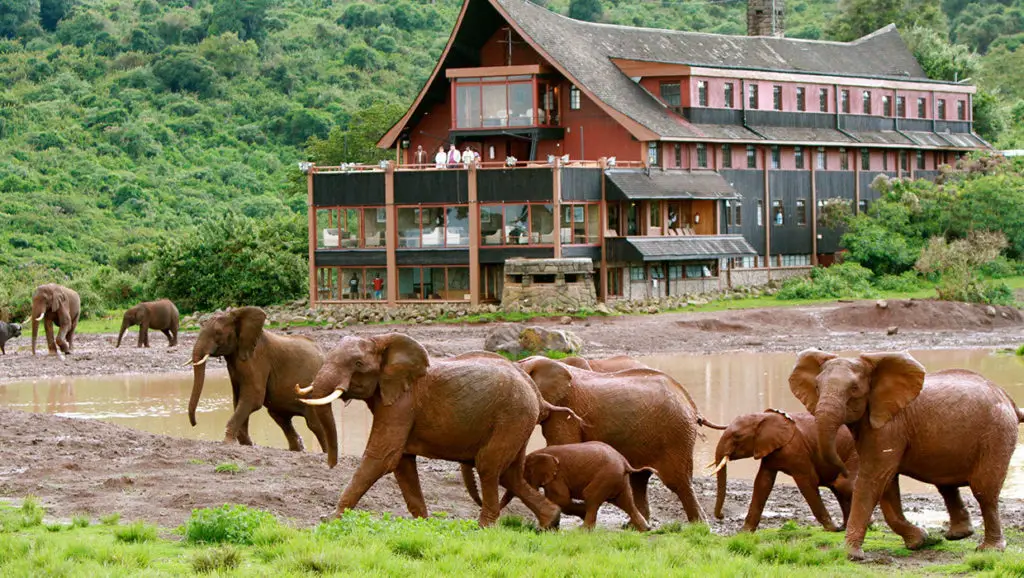The economic landscape of Isiolo Town, Kenya, is characterized by a diverse range of activities that reflect its unique geographical position and cultural heritage.
As a strategic hub connecting northern Kenya to the rest of the country, Isiolo’s economy is primarily driven by livestock trade, agriculture, small-scale commerce, tourism, and emerging sectors such as renewable energy and mineral exploitation.
These varied economic activities play a crucial role in supporting livelihoods, fostering regional development, and shaping the town’s future growth prospects.
What are the main economic activities in Isiolo Town?
Isiolo Town’s economy is built on several key sectors:
- Livestock trade
- Agriculture
- Small-scale commerce and retail
- Tourism
- Transport and logistics
- Public service
- Renewable energy (emerging)
- Mineral exploitation (emerging)
These sectors form the backbone of Isiolo’s economic structure, providing employment and income for the local population.
How significant is livestock trade to Isiolo’s economy?
Livestock trade is a cornerstone of Isiolo’s economy:
- Primary source of income for many residents
- Major contributor to local GDP
- Supports numerous auxiliary businesses
- Attracts traders from neighboring counties and countries
- Integral to the cultural identity of pastoral communities
The livestock sector’s importance is underscored by the presence of one of the largest livestock markets in northern Kenya.
What role does agriculture play in Isiolo’s economy?
Agriculture in Isiolo, while challenging due to the semi-arid climate, contributes significantly to the local economy:
- Subsistence farming for local consumption
- Small-scale commercial farming of drought-resistant crops
- Emerging greenhouse and irrigation farming
- Production of fruits, vegetables, and cereals
- Beekeeping and honey production
Agricultural activities are increasingly adopting climate-smart practices to enhance productivity in the challenging environment.
How does small-scale commerce contribute to Isiolo’s economy?
Small-scale commerce is vital to Isiolo’s economic fabric:
- Numerous small shops and kiosks
- Local markets selling fresh produce and household goods
- Informal sector activities (e.g., street vending)
- Micro-enterprises in various service sectors
- Source of employment for a significant portion of the population
This sector provides essential goods and services while offering employment opportunities, particularly for youth and women.
What is the state of tourism in Isiolo’s economy?
Tourism is a growing sector in Isiolo’s economy:
- Gateway to northern Kenya’s wildlife reserves
- Cultural tourism experiences
- Employment in hotels, lodges, and tour operations
- Stimulates demand for local products and services
- Contributes to foreign exchange earnings
While not as developed as in some other parts of Kenya, tourism in Isiolo shows significant potential for growth.
How does the transport and logistics sector contribute to Isiolo’s economy?
The transport and logistics sector plays a crucial role:
- Strategic location as a transport hub
- Numerous businesses in transportation services
- Employment in vehicle repair and maintenance
- Fuel stations and related services
- Facilitates trade between northern Kenya and other regions
This sector is essential for connecting Isiolo to other parts of Kenya and supporting other economic activities.
What is the role of the public sector in Isiolo’s economy?
The public sector is a significant contributor to Isiolo’s economy:
- Major employer (local and national government offices)
- Provides essential services (education, healthcare, security)
- Implements development projects and infrastructure
- Regulates and facilitates economic activities
- Source of steady income for many households
The presence of county government offices further enhances the public sector’s economic impact.
How are emerging sectors like renewable energy shaping Isiolo’s economy?
Emerging sectors are beginning to impact Isiolo’s economic landscape:
Renewable Energy:
- Solar power projects
- Wind energy potential
- Job creation in installation and maintenance
- Reduced energy costs for businesses
Mineral Exploitation:
- Exploration of gemstone deposits
- Potential for small-scale mining activities
- Attraction of investment in the sector
These sectors represent potential areas for future economic growth and diversification.
What are the main challenges facing Isiolo’s economy?
Isiolo’s economy faces several challenges:
- Climate variability and drought
- Limited access to credit for small businesses
- Inadequate infrastructure in some areas
- Skills gap in emerging sectors
- Competition from larger economic centers
- Land use conflicts
- Market fluctuations affecting livestock prices
Addressing these challenges is crucial for sustained economic development in Isiolo.
How does Isiolo’s economy compare to other towns in Kenya?
Comparison of Isiolo’s economy with other Kenyan towns:
| Aspect | Isiolo | Typical Agricultural Town | Major Urban Center |
|---|---|---|---|
| Main Economic Activities | Livestock, Agriculture, Trade | Agriculture, Small-scale Trade | Industry, Services, Finance |
| Economic Diversity | Moderate | Low | High |
| Informal Sector Size | Large | Large | Moderate |
| Public Sector Influence | Significant | Moderate | Moderate |
| Tourism Potential | High | Low to Moderate | Varies |
| Infrastructure Development | Developing | Limited | Well-developed |
| Economic Growth Rate | Moderate | Slow to Moderate | Rapid |
This comparison highlights Isiolo’s unique economic position, blending elements of both rural and urban economies.
What initiatives are in place to boost Isiolo’s economic growth?
Several initiatives aim to boost Isiolo’s economic growth:
- Isiolo Resort City project (part of Kenya Vision 2030)
- Expansion of Isiolo International Airport
- Improvement of road networks
- Promotion of value addition in livestock and agricultural products
- Investment in renewable energy projects
- Support for small and medium enterprises (SMEs)
- Skills development programs
These initiatives seek to capitalize on Isiolo’s potential and address existing economic challenges.
How does cross-border trade influence Isiolo’s economy?
Cross-border trade significantly impacts Isiolo’s economy:
- Facilitates exchange of goods with neighboring countries
- Attracts traders from Ethiopia and Somalia
- Enhances Isiolo’s role as a regional trading hub
- Contributes to foreign currency inflows
- Supports livelihoods of border communities
However, this trade also faces challenges such as security concerns and regulatory issues.
What role do microfinance institutions play in Isiolo’s economy?
Microfinance institutions are increasingly important in Isiolo:
- Provide access to credit for small businesses
- Support women and youth entrepreneurship
- Facilitate savings and financial management
- Offer financial literacy training
- Enable investment in productive assets
These institutions help bridge the financial inclusion gap, particularly for those excluded from traditional banking services.
How does the informal sector contribute to Isiolo’s economy?
The informal sector is a significant component of Isiolo’s economy:
- Provides employment for a large portion of the population
- Offers affordable goods and services
- Acts as a buffer during economic downturns
- Serves as an entry point for entrepreneurs
- Contributes to the local economy’s dynamism and resilience
While challenging to quantify, the informal sector’s role in Isiolo’s economy is substantial.
What is the state of innovation and technology adoption in Isiolo’s economy?
Innovation and technology adoption in Isiolo is growing:
- Increasing use of mobile money services
- Adoption of digital platforms for trade and marketing
- Application of technology in livestock management
- Use of solar energy solutions for businesses and homes
- Growing internet connectivity enabling e-commerce
While not as advanced as in major urban centers, technology is increasingly influencing economic activities in Isiolo.
How does Isiolo’s economy impact the wider region?
Isiolo’s economy has significant regional impacts:
- Serves as a market center for surrounding counties
- Provides essential services not available in more remote areas
- Acts as a conduit for goods moving between northern and southern Kenya
- Influences economic activities in neighboring pastoral communities
- Attracts investment that benefits the wider region
Isiolo’s economic development has ripple effects throughout northern Kenya.
What future economic trends are predicted for Isiolo?
Several economic trends are predicted for Isiolo’s future:
- Increased focus on value addition in livestock and agriculture
- Growth in eco-tourism and cultural tourism
- Expansion of renewable energy sector
- Development of light industries
- Enhanced role as a logistics and transport hub
- Growth in ICT-based businesses
- Increased investment in human capital development
These trends suggest a diversifying economy with potential for sustainable growth.
In conclusion, the economic activities in Isiolo Town, Kenya, reflect a dynamic and evolving landscape. The town’s strategic location, combined with its natural resources and cultural diversity, provides a unique foundation for economic development.
While traditional sectors like livestock trade and agriculture continue to play crucial roles, emerging sectors such as renewable energy and tourism are opening new avenues for growth. The challenges faced by Isiolo’s economy, including climate variability and infrastructure limitations, are being addressed through various initiatives and development projects.
The informal sector’s vibrancy, coupled with increasing technology adoption and innovation, adds resilience to the local economy. As Isiolo continues to develop, balancing economic growth with environmental sustainability and cultural preservation will be key to ensuring long-term prosperity. The town’s economic future looks promising, with potential for increased regional significance and improved livelihoods for its residents.



